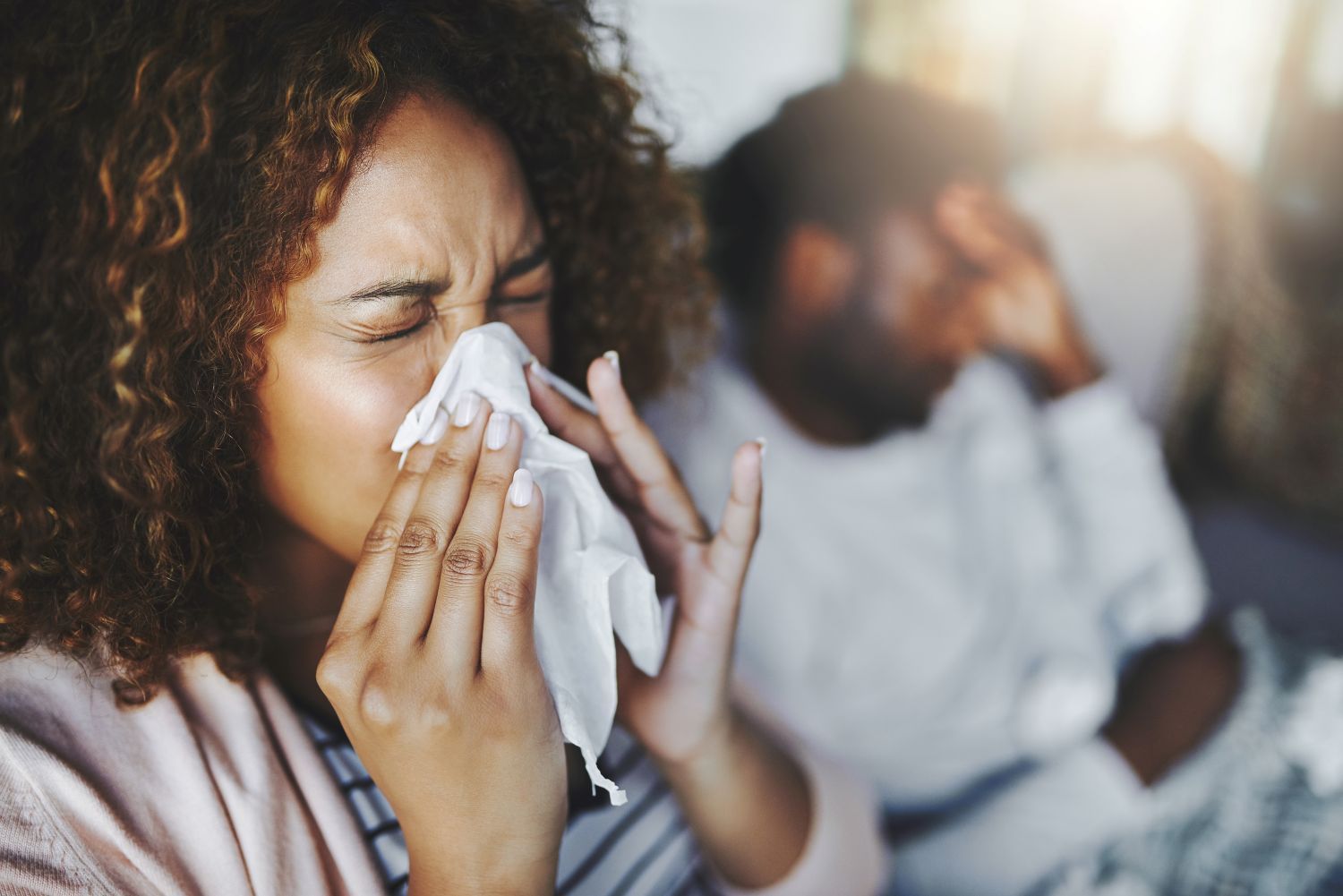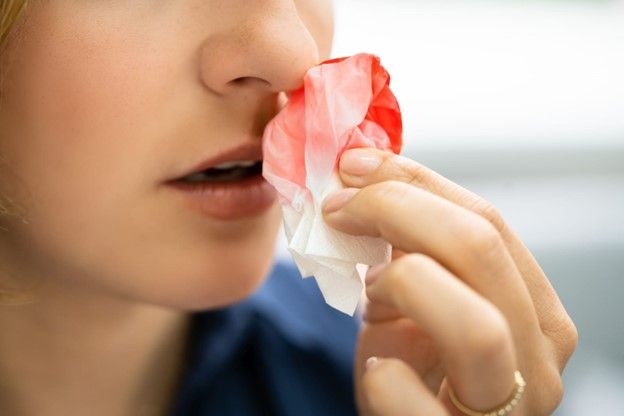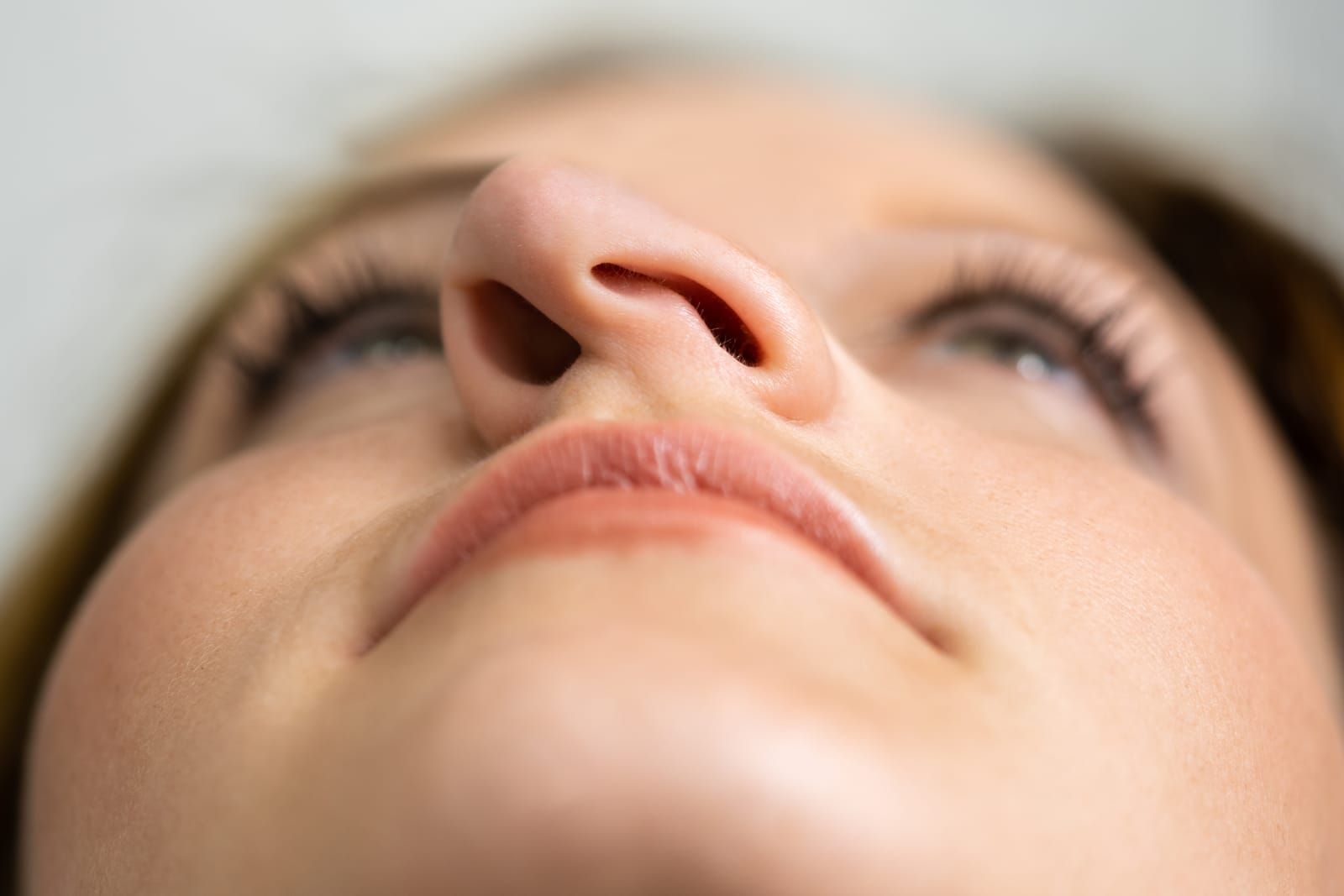How Winter Weather Can Trigger Headaches and Migraines
As the winter chill sets in and snow blankets the ground, many people find themselves enjoying the beauty of the season. However, for some, winter weather can also bring unwelcome headaches and migraines. Understanding how cold weather affects our bodies can help you manage these discomforts and enjoy the season more fully. Let’s explore how winter weather can trigger headaches and migraines and what you can do to alleviate them.
Common Winter Headache and Migraine Triggers
- Cold Temperatures
Sudden drops in temperature can cause blood vessels to constrict, leading to tension headaches. The cold can also affect the nerves in your face and neck, contributing to discomfort. - Weather Changes
Winter often brings fluctuating weather patterns, including storms and changes in barometric pressure. These changes can trigger migraines in some individuals, as their bodies may be sensitive to shifts in atmospheric conditions. - Dry Air
In winter, the air tends to be drier outdoors but also indoors due to heating systems. Low humidity can lead to dehydration, which is a known headache trigger. Additionally, dry air can irritate the nasal passages, leading to sinus headaches. - Reduced Sunlight
Shorter days and reduced sunlight exposure during winter can lead to Seasonal Affective Disorder (SAD) in some people, which is linked to headaches and migraines. The lack of natural light can disrupt sleep patterns and contribute to increased stress levels, further exacerbating headache issues. - Holiday Stress
The holiday season can bring about increased stress due to travel, family gatherings, and financial pressures. Stress is a common trigger for both tension headaches and migraines. Finding ways to manage stress during the busy winter months is crucial for headache prevention. - Changes in Routine
Winter often disrupts regular routines, including changes in diet and exercise habits. Skipping meals or not staying active can lead to headaches. Additionally, consuming more caffeine or alcohol during social gatherings can also contribute to headache triggers.
Tips for Managing Winter Headaches
- Stay Hydrated
Drink plenty of water throughout the day to combat dehydration. Consider using a humidifier at home to add moisture to the air, especially if you are using heating systems that dry out indoor air. - Dress Warmly
Protect yourself from the cold by dressing in layers and wearing hats or scarves that cover your head and neck. Keeping warm can help prevent tension headaches caused by muscle tightening. - Monitor Weather Changes
Keep an eye on weather forecasts and be aware of any upcoming changes that might trigger your headaches. If you know a storm is coming, take preventive measures such as adjusting your routine or increasing relaxation techniques. - Manage Stress
Incorporate stress-reducing activities into your daily routine, such as yoga, meditation, or deep-breathing exercises. Make time for relaxation during busy holiday periods. - Maintain a Healthy Diet
Avoid skipping meals and try to maintain a balanced diet rich in fruits, vegetables, whole grains, and lean proteins. Limit caffeine and alcohol intake, particularly during social occasions. - Consult a Healthcare Professional
If you experience severe or frequent headaches or migraines during winter, consider consulting a healthcare professional. They can help identify specific triggers and recommend appropriate treatments or lifestyle changes.
Being aware of headache and migraine triggers is essential for taking preventive steps to lessen their frequency and intensity during the winter months. If you find that your headaches persist despite your best efforts to manage them, it’s important to consult an ear, nose, and throat specialist for a thorough evaluation and accurate diagnosis. Always pay attention to what your body is telling you. Stay warm, prioritize self-care, and take proactive measures to protect your well-being this winter!













